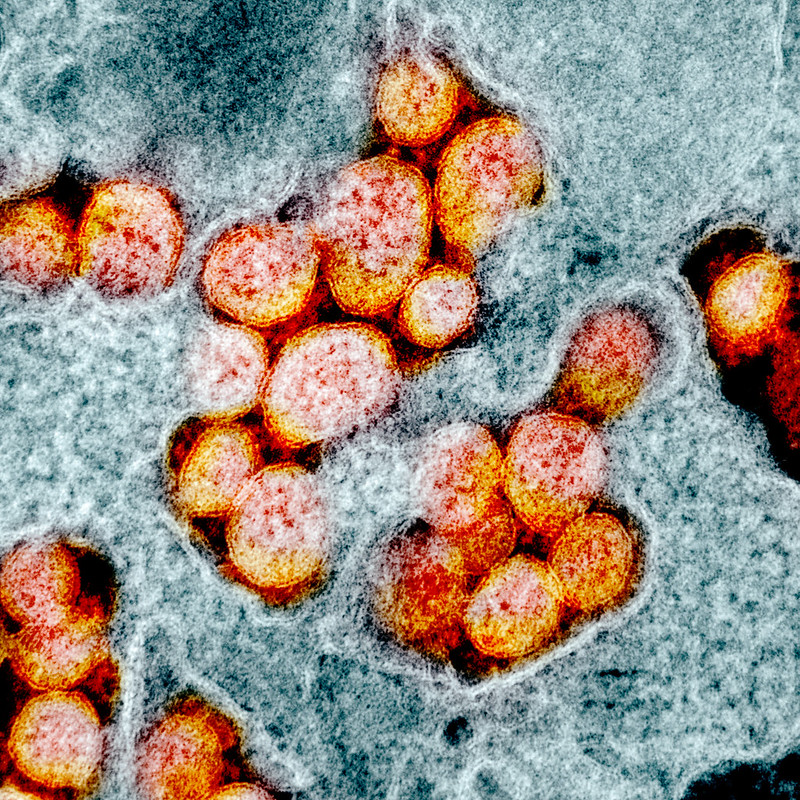Bharat Biotech begins trial of COVID-19 vaccine in India as cases mount

Bharat Biotech is to begin trials of a coronavirus vaccine in India as the country faces a rapidly growing outbreak.
There were nearly 19,500 confirmed cases reported in India on Monday, and the Hyderabad-based firm has clearance to begin trials of its locally made vaccine in July.
Tests in animals suggest the vaccine, called Covaxin, is safe and effective and the company is planning phase 1 and phase 2 trials primarily to test for safety.
The vaccine is based around an inactivated virus and is manufactured in Bharat Biotech’s facility in Genome Valley, Hyderabad.
It is designed to be used against a SARS-Cov-2 strain isolated at the National Institute of Virology in Pune.
Bharat Biotech already produced a vaccine for the H1N1 pandemic, using its research and pandemic forecasting knowledge.
It has 16 vaccines in its portfolio including rotavirus, Japanese encephalitis, rabies, chikungunya, zika and typhoid.
The vaccine joins an ever-growing list of potential COVID-19 vaccines in clinical trials. According to the World Health Organization’s regularly updated landscape document there are 17 other potential vaccines in clinical trials.
A candidate developed by AstraZeneca and Oxford University is top of the list, with phase 3 trials already under way.
Another front-runner from CanSino Biological and the Beijing Institute of Biotechnology is in phase 2 development and received clearance to be used in the country’s military late last week.
The company’s Ad5-nCoV vaccine candidate has also won approval in human testing in Canada.
Approval from China’s Central Military Commission allows the use of the vaccine by the military, although it cannot be used in the wider population.
There are more than 130 vaccines in pre-clinical development from a range of pharma companies, academic institutions and biotechs.
But there is no vaccine currently approved for commercial use against COVID-19, the illness caused by the SARS-CoV-2 coronavirus.
Cover image courtesy of Rocky Mountain Laboratories/NIH











